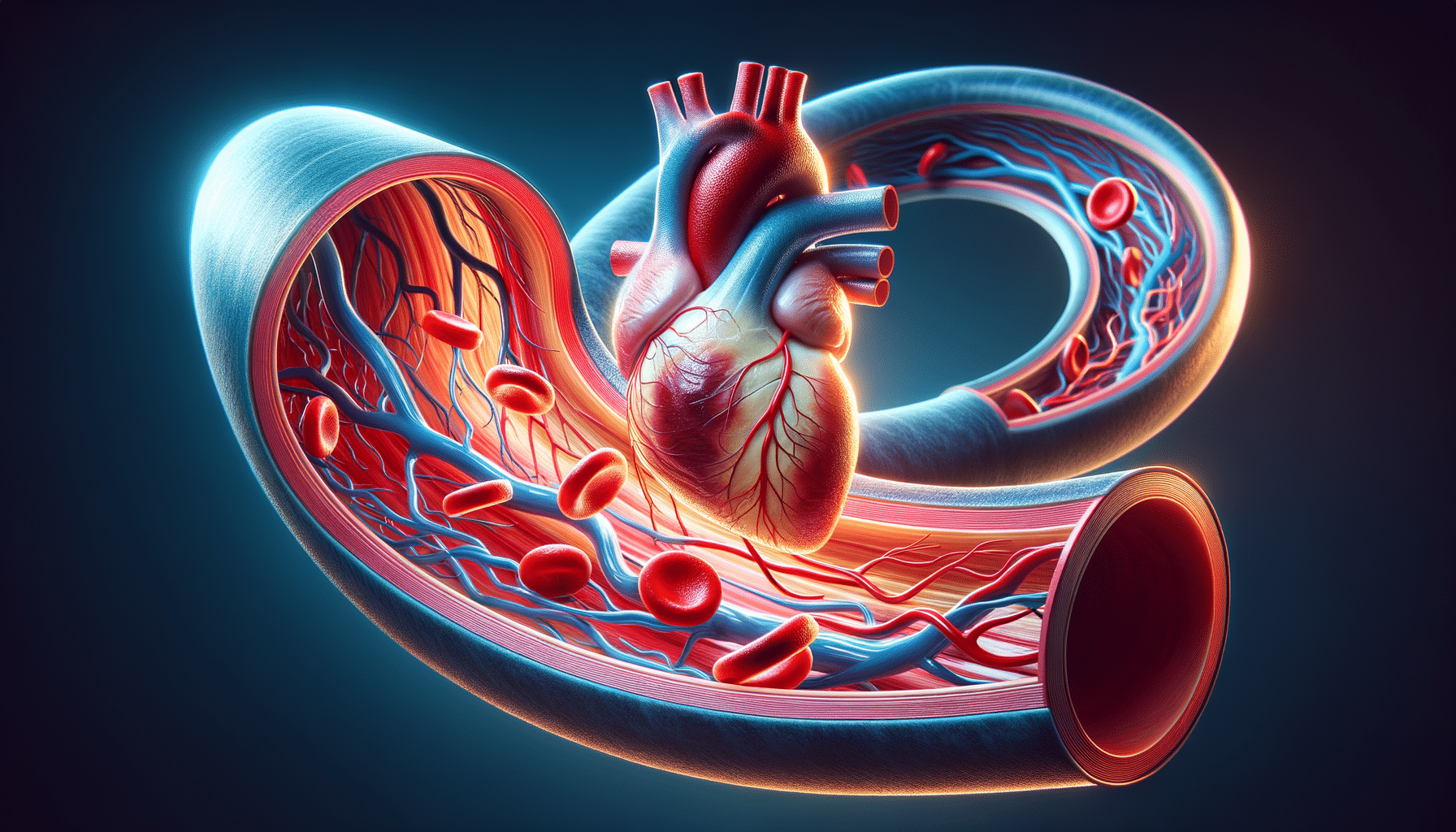
Understanding the Importance of Clean Arteries for Heart Health
The Role of Arteries in Cardiovascular Health
Arteries play a crucial role in the human body as they are responsible for carrying oxygen-rich blood from the heart to various tissues and organs. Understanding their function is essential to appreciating why keeping them clean is vital. When arteries are healthy, they are flexible and unblocked, allowing for smooth blood flow. However, factors such as poor diet, lack of exercise, and smoking can lead to the build-up of plaque, a mixture of fat, cholesterol, and other substances. This build-up can cause a condition known as atherosclerosis, where arteries become narrowed and hardened, impeding blood flow and increasing the risk of heart disease and stroke.
The significance of maintaining clean arteries lies in preventing these severe health conditions. Clean arteries ensure that blood can flow freely, supplying oxygen and nutrients to the body efficiently. This not only supports heart health but also enhances overall well-being. Therefore, understanding the role of arteries is the first step in recognizing the importance of keeping them free from blockages.
Dietary Choices for Cleaner Arteries
Diet plays a pivotal role in maintaining clean arteries. Consuming a balanced diet rich in fruits, vegetables, whole grains, and lean proteins can significantly reduce the risk of plaque build-up. Foods high in fiber, such as oats and legumes, are particularly beneficial as they help lower cholesterol levels. Incorporating healthy fats found in nuts, seeds, and fish can also support artery health by reducing inflammation and improving cholesterol profiles.
Conversely, diets high in saturated fats, trans fats, and processed sugars can contribute to arterial plaque formation. It’s advisable to limit intake of red meat, full-fat dairy products, and sugary snacks. Instead, opting for healthier alternatives like olive oil, avocados, and fresh fruits can make a substantial difference. By making conscious dietary choices, individuals can take proactive steps towards maintaining cleaner arteries and promoting long-term heart health.
The Impact of Physical Activity on Arterial Health
Regular physical activity is another key factor in ensuring clean arteries. Exercise helps improve circulation, reduces blood pressure, and enhances overall cardiovascular fitness. Engaging in activities such as walking, cycling, swimming, or jogging for at least 150 minutes a week can substantially lower the risk of atherosclerosis.
Physical activity aids in maintaining a healthy weight, which is crucial for reducing the strain on the heart and arteries. It also helps regulate blood sugar levels and decreases inflammation, both of which are important for arterial health. For those looking to start an exercise routine, incorporating a mix of aerobic and strength-training exercises can provide comprehensive benefits for the cardiovascular system. By prioritizing physical activity, individuals can significantly contribute to keeping their arteries clean and their heart healthy.
Lifestyle Changes to Support Arterial Cleanliness
Beyond diet and exercise, several lifestyle changes can further support clean arteries. Smoking cessation is critical, as smoking damages the lining of the arteries and accelerates plaque build-up. Additionally, managing stress through techniques such as meditation, yoga, or deep-breathing exercises can positively impact arterial health by reducing cortisol levels and inflammation.
Regular health check-ups are also important for monitoring blood pressure, cholesterol levels, and other risk factors for heart disease. Early detection and management of these factors can prevent the progression of atherosclerosis. By making these lifestyle adjustments, individuals can take control of their cardiovascular health and work towards maintaining clean arteries.
Conclusion: Prioritizing Arterial Health for a Healthier Future
In conclusion, maintaining clean arteries is essential for preventing cardiovascular diseases and ensuring overall health. By understanding the role of arteries and making informed choices regarding diet, exercise, and lifestyle, individuals can significantly reduce their risk of heart-related issues. Clean arteries not only support heart health but also contribute to enhanced energy levels and improved quality of life.
As we navigate through daily life, prioritizing arterial health should be a key focus. Making small yet impactful changes can lead to a healthier and more fulfilling future. By embracing these strategies, we can promote cardiovascular wellness and enjoy the benefits of a robust and resilient heart.


